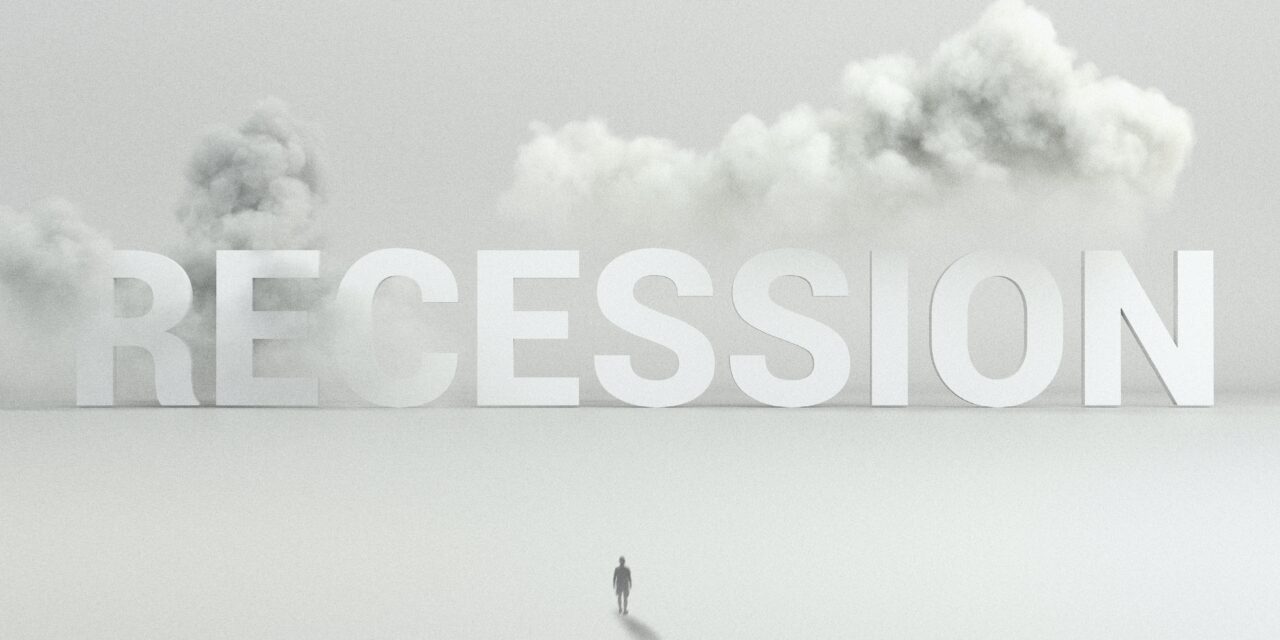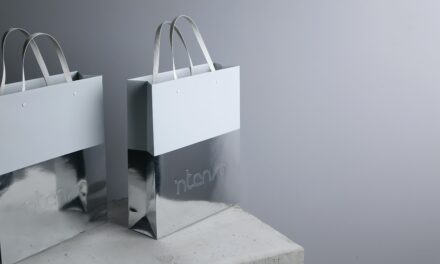The “R” word is being whispered more often, but while the direct impacts of a recession are largely out of a person’s control, the mindset, planning, and tools needed to weather the coming economic storm certainly aren’t. Recent floods and slips in Auckland and elsewhere, only exacerbates cost of living and post COVID issues for Kiwi businesses and families.
Shula Newland, who is Founder of Full Balance Financial Coaching and social enterprise AffordIT NZ (Which provides independent financial planning, budgeting, and coaching to families and businesses), says stories about negative GDP growth and job vacancy listings trending down countrywide, are beginning to appear more frequently in media—and it’s having an impact.
“Prominent economists report signs that the country has already dipped into a recession. This means less spending all round, loss of contracts and more redundancies as companies cut costs to keep their businesses profitable,” Newland says.
“Many business owners were enormously impacted by the COVID-19 shock and are still struggling to pay back all the debt they incurred over the last few years to get through Covid. If they have been hit by the floods, this is going to impact their cashflow and ability to service debt and survive even more.”
Newland says this includes IRD debt payments because the payments for the Small Business Cashflow loan are due and non-payments will compound as interest and penalties build up. Most Kiwis are struggling with rising costs. It’s getting tough out there and it’s going to get worse with the floods and food prices impact.
For those wanting to know what help they can access during these times, or have been affected by the floods, Newland keeps a Facebook page Financial Support NZ up to date which lists sources of help. Newland is also available to answer, privately, any questions.
“There is a lot of help, it is just knowing where it is and what is accessible,” says Newland.
The immediate need after the floods is survival, food, water, shelter, and transport, which Government will provide where necessary. This simplifies things, at least initially.
“But then we will need to go into planning mode for interim cashflow. Longer term, we then need plans for when the help dries up and we are still in recovery mode. That’s when we often see a lot of people coming for help, but sometimes it’s too late,” Newland says.
Compounding the problem, banks are lifting interest rates as the cost of borrowing for them increases with the OCR rate.
Newland says a lot of Kiwi homeowners expect their mortgages to increase this year and the new interest percentage is likely to cut deeply into people’s discretionary income and savings, if they have any.
However, with the current state of emergency banks have already opened their help lines and updated hardship provisions, as an interim response.
“If you had a $600,000 mortgage fixed at three per cent over 30 years, that would cost about $600 per week to service. But if the interest rates rise to seven per cent, the weekly payments would almost double to $940.
“Many families already have tight budgets, so it will be nearly impossible for some to make up this new amount without thinking outside the box,” Newland said. Being resourceful, and not letting it get you down, will be key.
She warned that having too much debt in a recession can be highly dangerous and if people have been or are living off debt to sustain living and lifestyle costs—unless people have other assets, they can sell to cover it—the coming downturn risks crashing the ‘house of cards’ when the income can’t sustain basic expenses and debt payments.
People must seek help as soon as possible rather than burying their heads in the sand!
In the recession and the aftermath of the floods, Newland says that people still have many options, and it is important not to panic but to have a plan in place.
“Those families feeling stressed about their finances can access free, confidential, and independent financial coaching via the Employee Assistance Programme (EAP) or book a time with a free local community financial mentor or budget advisor.”
If you are in business and struggling, talk to your accountant in the first instance and look for referrals to a specialist if needed, including a financial coach that specialises in small businesses. Funding and referrals may also be available via your local Regional Business Partner Network, especially as the government opens up more and more funding in response to the flooding.
“If your situation is already precarious, don’t deal with it until something forces you, like IRD or bad weather. By then, it might be too late,” Newland says.
Newland offers three critical tips for people and businesses to survive, plan and then thrive through these storm clouds.
1. Cash is king.
You never know what is going to happen with technology. When EFTPOS machines don’t work due to power and fibre outages, and when COVID first struck, Newland first withdrew cash and filled the car with petrol.
Businesses are more likely to invest extra profit towards expanding the company, but prudent management—in addition—also requires the building up of liquid funds.
“The time to do this is before we move into a recession, but anything you can do to build up cash now will mean that you have more of a buffer when things start heading south. This may mean prioritising cash savings instead of paying down debt and keeping lines of credit open (e.g., overdrafts and credit cards). Moving into a recession requires more flexibility. And the ultimate flexibility is cash, Newland says.
“Good financial planning means always having cash on hand and diversifying your income sources because you never know what is around the corner. This means more money if you own a business, a house or multiple properties, where your risk of loss of income and extra unplanned costs is high. You never know what could happen. It’s never too late to start saving.
“For those that can’t pay for their basic living costs and have no access to cash or investment funds, you can always access your KiwiSaver in hardship,” Newland says.
2. Have a plan
Once you have gotten over the initial survival mode, it’s crucial to take stock of your financial situation and investigate the available options.
Do you know the minimum you need to get by? What is your backup plan if things get worse? Can you find other sources of income, like renting out a room or taking an extra income on the side?
Once you have a plan, it is important to communicate it as required with the parties involved. Make sure your partner, family, and staff are on board, and any outstanding creditors know there is a viable plan.
“With good planning and advice, you can minimise the stress.”
3. Get good advice.
This isn’t the first time New Zealand has moved into a recession or been affected by natural disasters, and it won’t be the last. Many financial experts have experienced multiple recessions and often have plenty of knowledge about protecting wealth and getting through this.
Engage with experts and ask for help sooner rather than later, Newland says.
“They can help you determine whether you can get through or need to bail out sooner rather than later.”
There are many options the average person and business can take when they need to tighten their belts. Often people complain about the cost of food and petrol while blowing money in other areas or failing to realise that they could be accessing Government support.
This is true for many small business owners whose income has reduced significantly but who may have applied (or been declined help) incorrectly in the past because WINZ incorrectly assessed business income.
“For businesses, the IRD is open to negotiations and giving you time to make a plan if the company is running into revenue trouble and debt gets too big, especially where that has been no fault of the business owner. IRD doesn’t actively pursue debt straight away, and it is easy to forget the tax debt in the background while it grows. Eventually, IRD will catch up with you, though.
“Make sure your payment plan with IRD is affordable, or you will go around in circles, and IRD will move in and liquidate. Many companies, including ours, specialise in tax debt negotiation.
“It may be two or three years before debt catches up with you but stay in contact with creditors and advisers to best navigate any issues early before it is too late,” Newland says.












